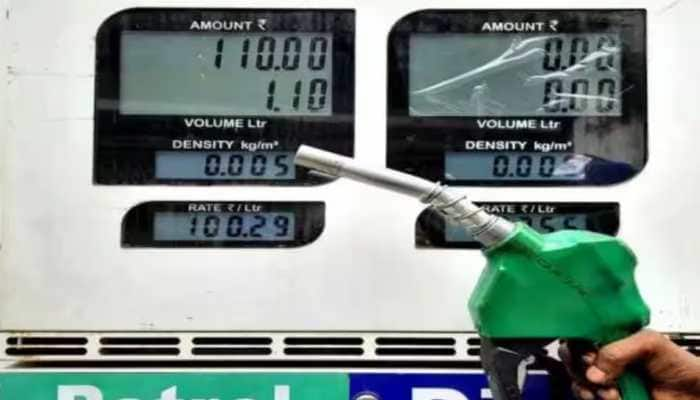As part of Asia pivot, Netanyahu pushes Israeli hi-tech in China
More than 100 technology executives have joined Netanyahu on the visit, with meetings planned with Chinese business leaders.
Trending Photos
)
Jerusalem/Beijing: China's economy may be 35 times larger than Israel's, but Prime Minister Benjamin Netanyahu is hoping to use that to advantage during a three-day visit to Beijing as he looks to reorient Israel's economy towards Asia over Europe and the United States.
A week after U.S. chip giant Intel agreed to buy Israeli technology firm Mobileye for $15.3 billion, Netanyahu wants to enlarge Israel`s high-tech presence in China while encouraging further Chinese investment in Israel, where infrastructure and construction projects are growing apace.
More than 100 technology executives have joined Netanyahu on the visit, with meetings planned with Chinese business leaders.
Bilateral trade has been hovering at around $8 billion for the last few years, but over the past decade, Israel`s exports to China have tripled to $3.3 billion in 2016, with technology - from cybersecurity to agri-tech - leading the way.
Half the investments in Israeli funds in 2015 involved at least one Chinese investor, and 40 percent of funds raised by Israeli venture capital firms came from Chinese backers, according to the Economy Ministry.
"Israel is pivoting towards Asia in a very clear and purposeful way," Netanyahu said last month in Singapore, which he visited along with Australia. Indian President Narenda Modi will visit Israel in the summer, underpinning the Asia trend.
While the European Union remains Israel`s largest trading partner, Asia is steadily closing the gap and politically it tends to put far fewer demands on Israel than the EU does.
Matan Vilnai, Israel`s former ambassador to Beijing, said China`s interests in Israel were almost purely economic. The Chinese leadership seeks to learn from Israel`s culture of high-tech innovation and doesn`t push beyond that. "It`s very simple: technology, technology, technology," he told Reuters.
Chinese firms are driving major infrastructure projects in Israel, including Tel Aviv`s metro system and new Mediterranean ports in Haifa and Ashdod. A deal for 6,000 Chinese construction workers to come to Israel was signed earlier this year, with the possibility of extending it to 20,000.
Ilan Maor, Israel`s former consul-general in Shanghai and the managing partner of Sheng BDO, a business advisory firm, said he thinks China`s leadership is keen to limit discussions with the Israeli delegation to economics, even if Beijing has become more outspoken on Middle East issues.
"The place (Netanyahu) can make a significant contribution is opening the door to more trade, moving forward to free trade, and making a clear message that we want Chinese investment," he said. The countries are negotiating a free-trade agreement, although it remains unclear how far advanced talks are.
From Netanyahu`s point of view, while China and Israel may be vastly different in terms of population, physical size and resources, there is a strong fit: while Israel innovates, China concentrates on mass marketing and commercialisation.
"Given the basic infrastructure of initial and secondary development - airports, sewage lines, water - once you`ve done that, the way to go up and up and up is to constantly improve your products and services and utilities with technology," Netanyahu told Chinese business leaders in Bejing.
"We are your perfect junior partner for that effort."
Stay informed on all the latest news, real-time breaking news updates, and follow all the important headlines in india news and world News on Zee News.
Live Tv







)
)
)
)
)
)
)
)
)
)
